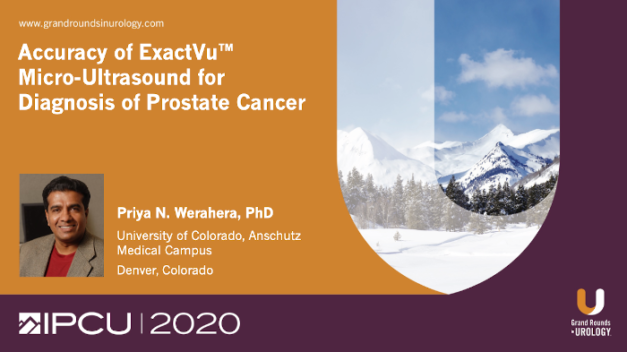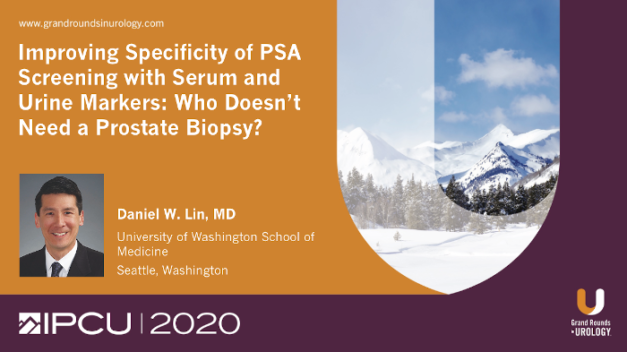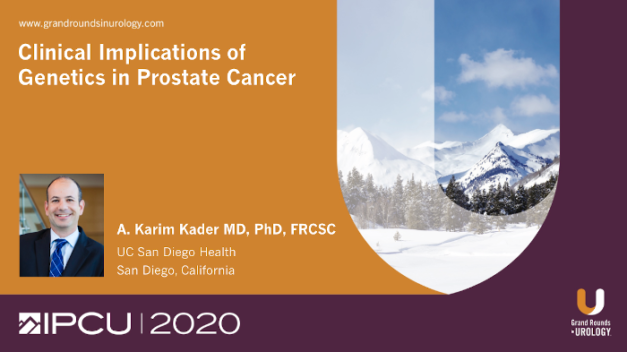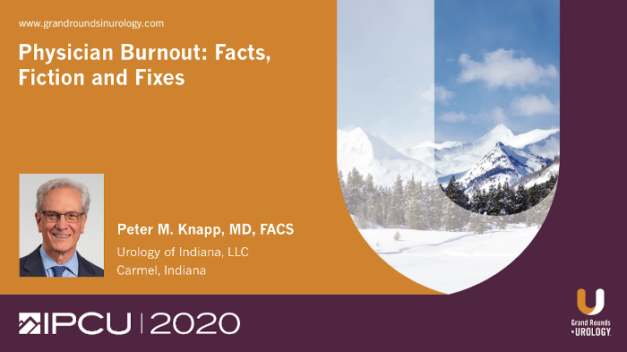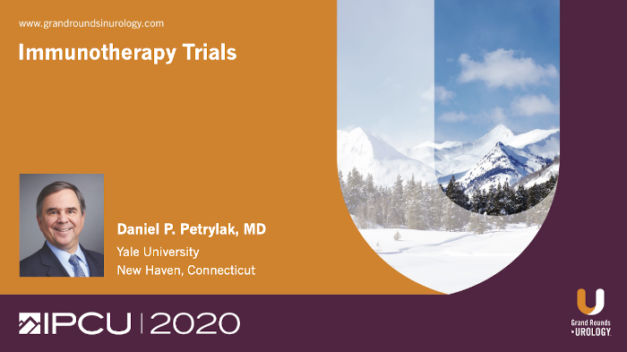Accuracy of ExactVu™ Micro-Ultrasound for Diagnosis of Prostate Cancer
Priya N. Werahera, PhD, Research Assistant Professor in the Departments of Pathology and Bioengineering at the University of Colorado Anschutz Medical Campus, shares results from a study that compared ExactVu™ Micro-Ultrasound’s accuracy with that of mapping biopsy’s. He specifies that although more studies are needed to confirm these positive findings, this study has shown that the PRIMUS scoring system (similar to PIRADS) is consistent, and that there is potential clinical utility thanks to ExactVu’s™ ability to deliver real-time diagnoses and be used with or without MRI.
Read More
